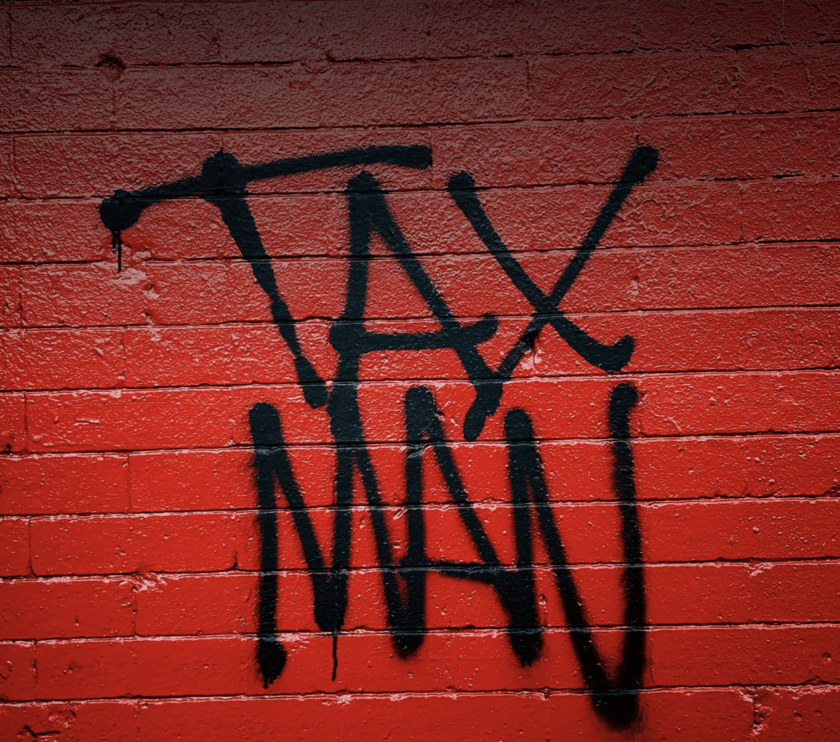The risk to taxpayers from an ever more complex system is reflected in more than 1.4 million taxpayers being hit with an interest charge by HMRC for late payment of tax, in the 2020-21 tax year, a freedom of information request by AJ Bell has revealed.
The investment provider said the scale of interest payments and penalties for missing the tax return deadline illustrates the complexity of the tax system and warns that this will worsen as a result of frozen tax thresholds and cuts to the dividend and Capital Gains Tax allowances.
The figure was up from 1.2 million before the pandemic and came despite furlough and corporate dividend cuts which saw many people owe less tax than normal in 2020-21.
Additionally, the FOI showed that the number of people who missed the deadline for filing their tax return was 290,000 and 270,000 for tax years 2019-20 and 2020-21 respectively.
A previous FOI by AJ Bell revealed that by the 2024-25 tax year, the number of people HMRC estimated to be paying dividend and CGT would increase by two million.
Laura Suter, head of personal finance at AJ Bell, said: “Don’t believe the rumours, tax definitely is taxing, and these figures lay bare just how hard the British public find completing their tax return and paying their tax bill. What’s more, because the late payment interest is set at Base Rate plus 2.5% it has shot up to 6.75%, from 2.6% at the start of 2022 – meaning the government is raking in even more money from taxpayers.”
Suter said the pandemic has had a significant impact on people’s finances, meaning many will have dipped into their savings leaving them unable to pay their tax bill and said it was likely that the trend would continue amid the cost-of-living crisis.
Suter continued: “As the government drags more people into paying tax via self-assessment, we’ll see more and more taxpayers hit by these penalties. With the tax-free allowance on capital gains and dividend taxes being dramatically cut in the next year, more people will have to file a tax return for the first time in their lives. On top of that, those who earn more than £100,000 must file a return, as well as those who have hit the child benefit high income charge and people who have other sources of income from their main job. Clearly some people are going to struggle to complete the return, or not even realise they have to file one in the first place.”
While taxpayers can get their fees and charges waived, they must meet a strict criteria from HMRC, such as a relative’s death or illness.
“One way to avoid late filing is to set regular calendar reminders to prompt you to file on time – and giving you sufficient time to gather the required information and prepare the return. Another alternative is to outsource it to a professional. It’s very possible to file a return yourself, especially if it’s just to report an investment gain, for example, but you might decide that delegating it to an accountant or tax specialist is worth the cost,” added Suter.































